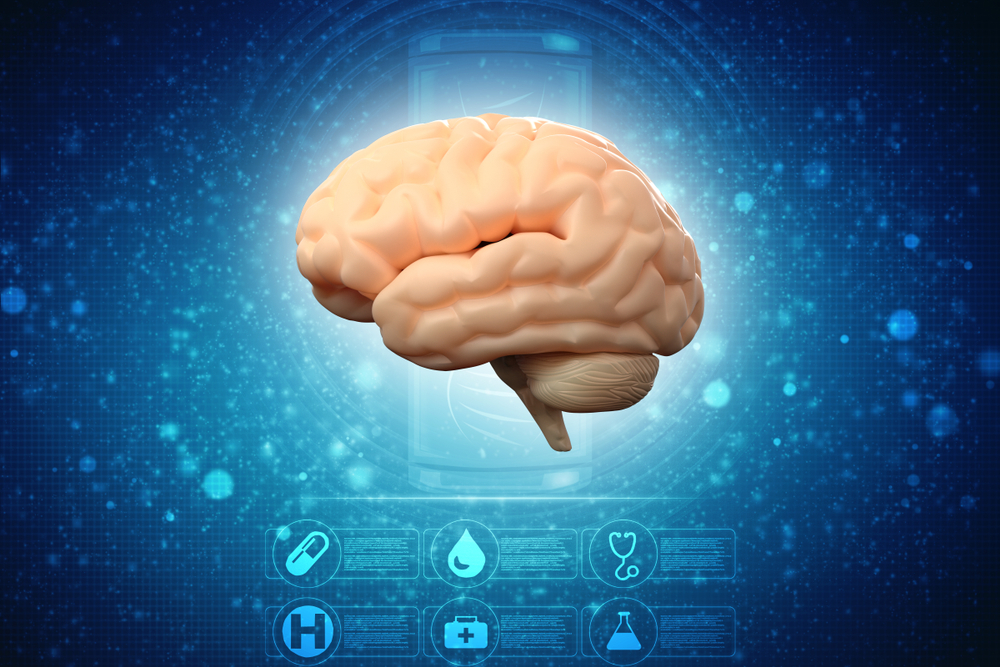Contents:
- Medical Video: 11 Signs Your Body Needs More Magnesium
- Inadequate nutritional intake can cause certain deficiencies in the body
- 1. Iron
- 2. Folic acid
- 3. Calcium
- 4. Vitamin D
Medical Video: 11 Signs Your Body Needs More Magnesium
The body needs vitamins and minerals to function as well as possible. On the other hand, the body cannot produce all these nutrients alone so it needs help from food intake. Unfortunately most people fail to meet the nutritional needs of their bodies. Even people who have a healthy diet may still lack the nutrients they need. Knutritional needs that are sometimes not in line with the intake of nutrients that enter can increase your risk of experiencing malnutrition. Here are a fewnutrition and nutrition that are often stated as lacking in the body.
Inadequate nutritional intake can cause certain deficiencies in the body
1. Iron
Iron is one of the minerals that the body needs to produce and maintain healthy red blood cell counts. Iron requirements are very high, especially in young women and pregnant women. However, the frequent need for iron is difficult to fulfill because it consumes less foods high in iron or other reasons.
Iron deficiency can cause the body to produce fewer red blood cells, smaller red blood cells, and paler colors. Red blood cells also become less active in delivering oxygen throughout the body. As a result, you can experience anemia, with symptoms of fatigue, weakness, fatigue, lethargy, and weakness.
To avoid this, consumption of foods high in iron is very necessary, especially in young women and pregnant women. You can get iron from food, such as red meat, green leafy vegetables, and egg yolks.
2. Folic acid
Folic acid or also called vitamin B9 can help the body make red blood cells and produce DNA. Folic acid is also an important mineral needed by pregnant women for brain development, nervous system function, and fetal spinal cord.
The need for high folic acid makes pregnant women vulnerable to lack of folic acid. As a result, pregnant women can experience anemia and the fetus they contain can experience birth defects and growth problems. You can get folic acid from nuts, citrus fruits (like oranges), green vegetables, meat, shellfish, and wheat.
3. Calcium
Calcium helps bone growth and development, so calcium needs are very high at the age of children to adolescents. In addition, calcium also helps work the heart, nerves and muscles. Calcium deficiency usually doesn't show any symptoms, but calcium deficiency can cause serious health problems from time to time.
If you don't eat enough calcium sources of food (an average of 1200 mg per day), your body will take calcium from your bones. This can eventually cause bone loss or osteoporosis. Calcium deficiency can also cause an abnomal heartbeat. For that, you should meet your calcium needs. You can get calcium from milk, yogurt, cheese, fish with bones (like anchovy), green vegetables, and cereals.
4. Vitamin D
Besides calcium, vitamin D is also needed by bones to stay healthy and strong. Vitamin D can help the body absorb calcium, thus supporting the growth of bones and teeth. The best source of vitamin D is from sunlight, but it can also be obtained from food. People who are rarely exposed to sunlight and consume less vitamin D-rich foods are at risk of developing vitamin D malnutrition. Reported from Healthline, the risk of vitamin D deficiency is low, especially in people with dark skin.
According to the National Institutes of Health, sun exposure for 5-30 minutes twice a week on your face, arms, neck or back can give you enough vitamin D. In addition, you also have to get vitamin D from food, such as fatty fish, mushrooms, egg yolks, fish liver oil, liver, and vitamin D enriched milk.












